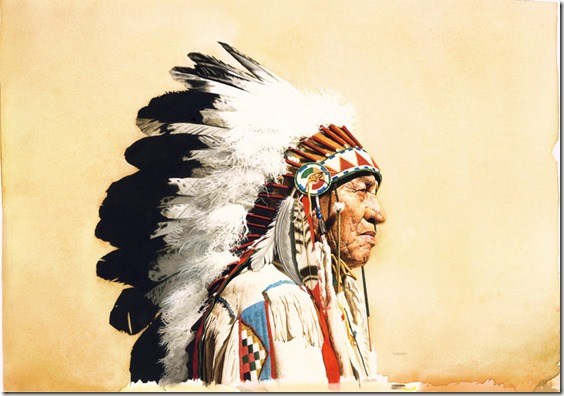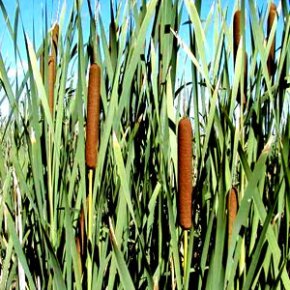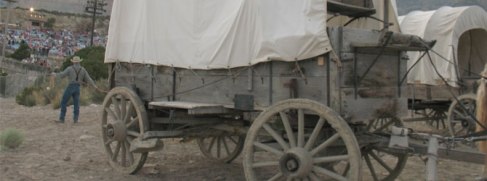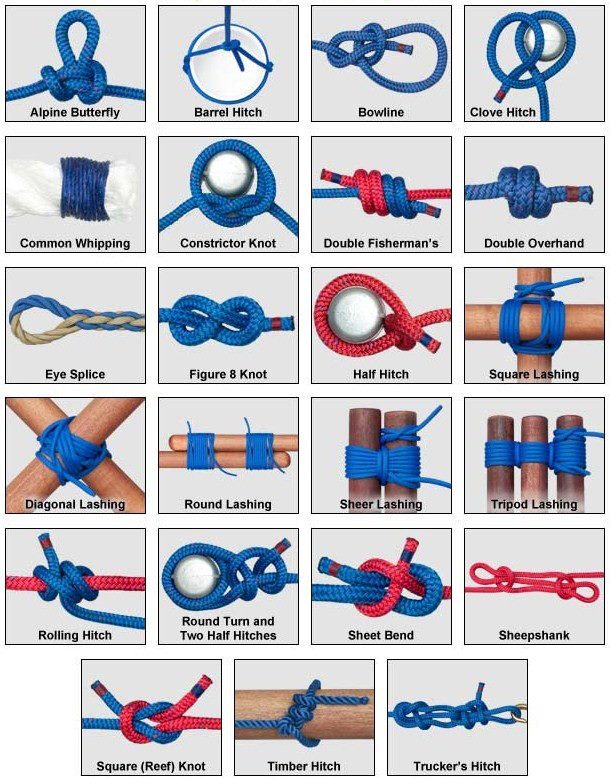1. Gardening. Growing your own vegetables and fruits, knowing soil conditions, how to get water to your plants, extending your harvest season, and common garden pests will be vital to having a continuous food supply. Check out The Forgotten Skills of Self-Sufficiency Used by the Mormon Pioneers for some great old-time gardening tips.
2. Saving seed. The other end of gardening is being able to plant again next year. Saving seed can be kind of intimidating and mysterious, especially for plants like carrots that don’t go to seed in their first growing season. Start with non-hybrid seeds and a reference book like Seed to Seed and practice saving some kind of seed from your next garden. This is definitely a learned skill, but could be vital to a continued food supply.
3. Blacksmithing. Being able to make something useful like a horseshoe, tool, or cooking utensil from scrap metal could come in very handy. This is a skill people will barter for. Blacksmith work does require a good deal of practice and some special equipment, but it’s a skill worth learning and the learning curve is cut a bit if you already know how to weld or do other metal work.
4. Shooting your dinner. Or shooting to protect yourself. Learn to hit something with a bullet and you’ll be better fed and it may even keep you and your family alive.
5. Dressing that game. And I don’t mean sewing little clothes for it. Once the squirrel or rabbit or bird or deer is brought home, how do you make it edible? This skill applies to any livestock you are able to raise as well. You’ll need to know how to clean and prepare the meat for eating.
6. Cooking over a fire. You may have other methods to cook your food available, like a solar oven or barbeque grill, but an open fire is the most primitive and one of the most common means of cooking in a grid down emergency.
7. Making a fire. Try some methods without using matches for an extra challenge.
8. Riding a horse. They make this look easy in the movies, but there is a learning curve involved. A horse is transportation, a pack animal, and a friend. Learning to ride one can get you places when roads are impassable or vehicles aren’t working.
9. Building a home. Or another shelter, or a fence, or something else. Knowing how to use hand tools and simple machines will go a long way if you’re having to rebuild.
10. Making fun with sticks and rocks. Or any available raw materials. Life’s not all about work, right? How many games can you invent with materials you have on hand? We all need some down time, but this will be especially important if you have children around.
11. Knowing and preparing wild edibles. Which plants in your area are safe to eat and what parts of them are edible? A little foraging can add variety to your diet or even sustain life if there’s nothing else to eat.
12. Herbal remedies. If the doctor’s not around, knowing which herbs to use and how to use them to treat common ailments like cough, fever, headache, etc. can be a great blessing to your family or others around that may need the help. An excellent reference for herbs and their uses is the Encyclopedia of Herbal Medicine.
13. Sewing. Patching, fixing tears, altering hems and waistbands, or creating an entire new piece of clothing or bedding could help you stay warm and keep you from running around half naked.
Source: foodstorageandsurvival.com









You must be logged in to post a comment.